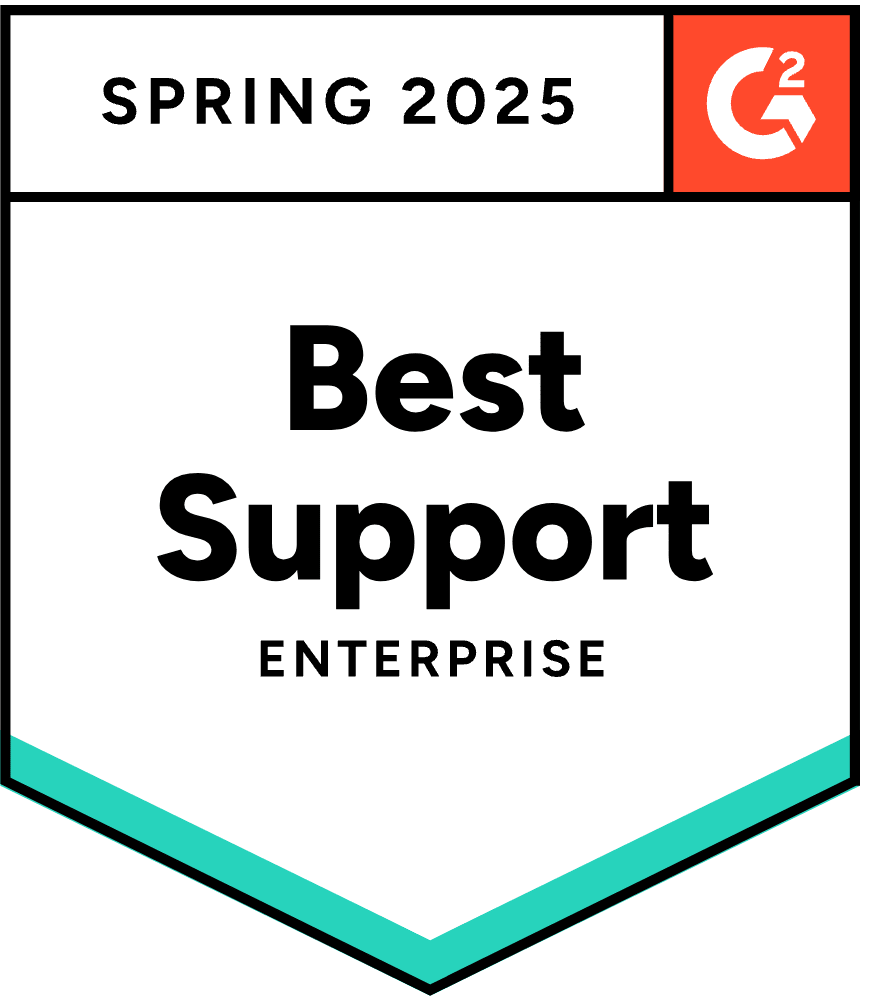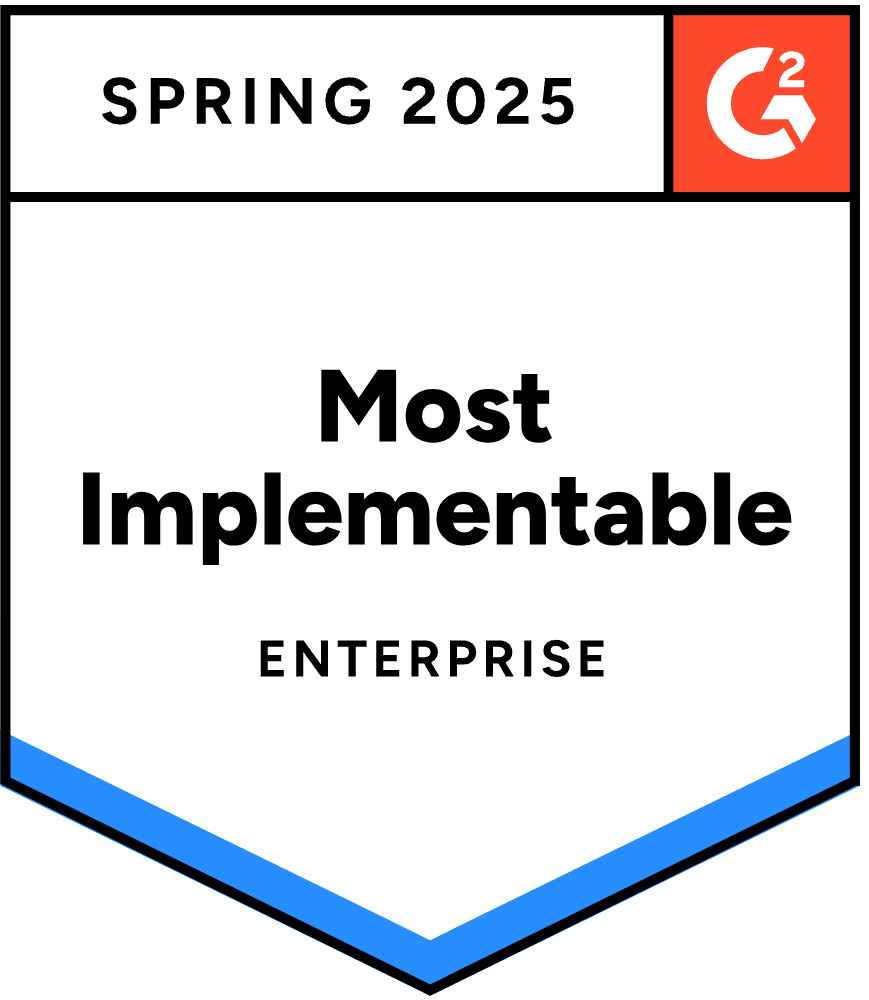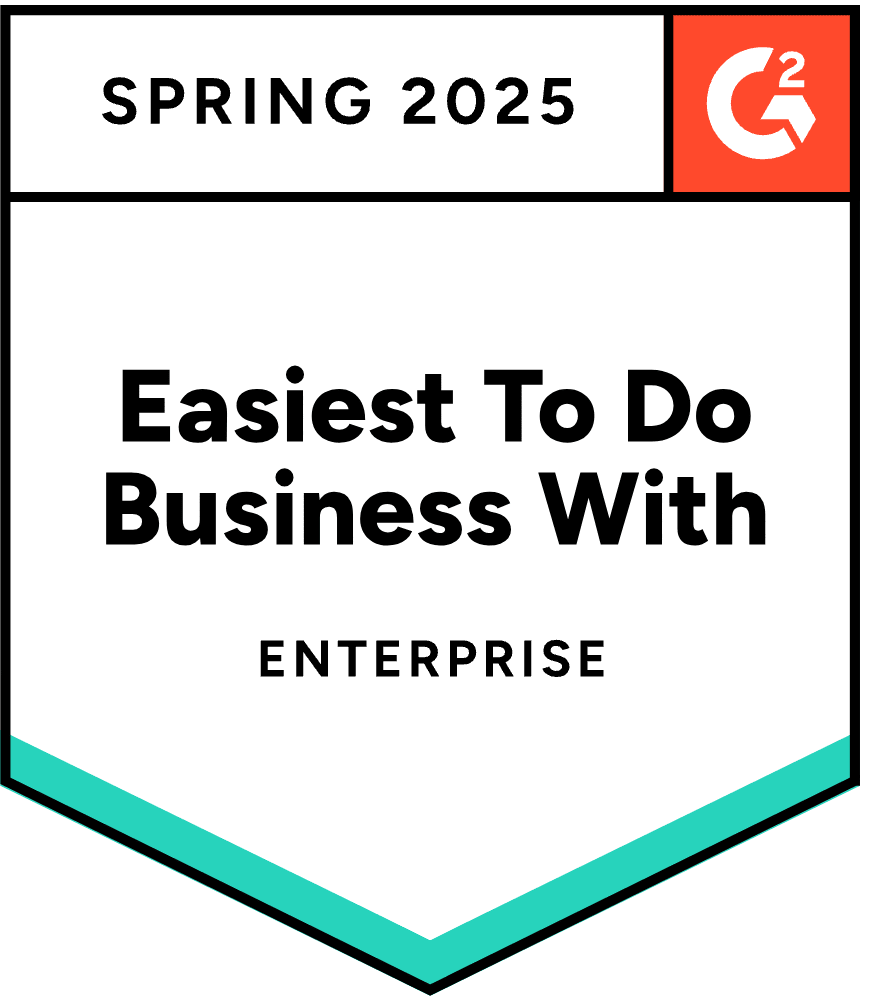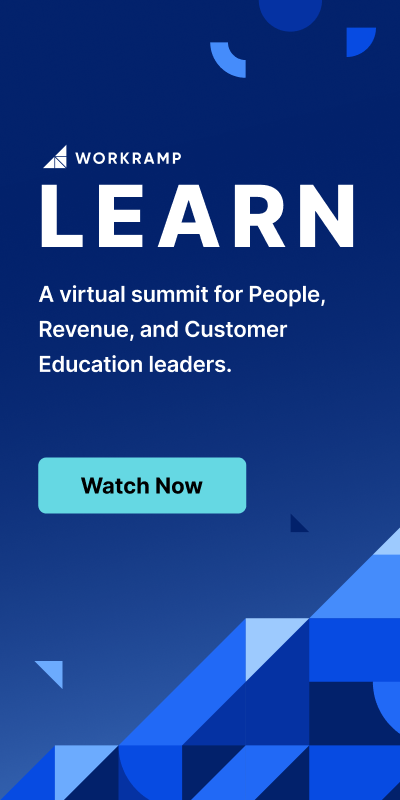Career Reflections: 7 Lessons Learned From People, Revenue, & CS Leaders
WorkRamp Contributor
Learning Tips Straight to Your Inbox
The end of the year is a time for reflection. And while we’re all on our own journey of personal and professional growth, we can learn invaluable lessons from people who share their experiences.
While some of our moves or decisions may not pan out how we expect, these experiences can help shape our career trajectory.
In this roundup from our LEARN podcast, seven People, CS, and Enablement leaders share things they would’ve done differently so you can learn from their experiences.
In this post:
1. No matter what, always trust your gut
Ryan Neu, CEO and Co-Founder of Vendr, started his career in accounting. He quickly realized he had chosen the wrong career path because he didn’t enjoy the work.
Many professionals stay in an industry or career that may not be the right fit because they feel it’s safe or what they’re supposed to be doing. But if you’re not passionate about the work or industry, don’t be afraid to explore what’s out there, and don’t ignore your instincts.
“My gut told me accounting wasn’t right for me, and I went into sales,” Ryan says. “My gut told me my real passion is starting a business. So I started Vendr, and every time I trust my gut, I never regret it, even if I’m wrong, because I trust my instinct.
“When your company gets big, I’ve found it’s harder to trust your gut because you have all of these other perspectives coming in, and they’re incredibly valuable perspectives, and you absolutely should listen to them, but don’t forget about your instinct. You started the company for a reason. I’ve always found when I listen to my gut, I’m very happy I did.”
Read more: Trust-Based Selling: How the Software Market is Changing with Ryan Neu, CEO, Vendr
2. Track more data than you need and automate where you can
Amy Elenius, Customer Education Manager at Gorgias, regrets not tracking more data after launching a customer education program. She also recommends finding opportunities for your team to automate processes.
”I tracked a lot, but I should have tracked more,” she says. “And then investing in automation early on. We’re all about automation at Gorgias. We don’t believe that machines replace people, but the value they can give back is huge. When I started, I didn’t automate a lot. Over time, I’ve automated more to have more time to respond to people.”
Read more: What is a Customer Community? How to Build a Community for Customer Success
3. Knowledge-sharing pays off
Tim Smith, Head of Global Customer Success and Product Sales at Stripe, developed professional services during his time at Box. While his strategies were successful, in retrospect, he would have done more knowledge-sharing and offered basic services for free.
“One of my biggest regrets about the services business we built at Box is not standardizing and giving away some basic service offerings,” he says. ‘Maybe not the human elements, but what’s your standard methodology? What are the basic deliverables?
“That stuff should just be out in the public domain. I wish I’d spent more time on the self-service methodology, giving that to partners. It’s a tough thing when you’re in the 25, 50, or 100 million ARR range because there aren’t going to be a ton of partners naturally interested in your product. But finding some of those early players that are interested in doing business and seeding them earlier is probably a thing a lot of companies could do better.”
Read more: Why You Must Become an Expert in Your Domain with Tim Smith, Stripe
4. Focus on the big picture and take compensation seriously
In a solo episode of the LEARN podcast, WorkRamp’s CEO and Co-Founder, Ted Blosser, shared his best board management tips, but he also revealed some board management blunders he made early on.
First, Ted found he was overburdening himself with board management tasks, like building meeting decks, which caused him to neglect the bigger picture and strategic narrative.
“I was getting all the data from Salesforce and our BI system, and I created the deck from scratch and worked, enslaved away on putting everything together for the board meeting,” he says. “That was really burning me out. What was happening was I was focusing on the slides and on the data, and I wasn’t focusing on the narrative or, basically, raising up one level to understand, Hey, what do I want to get accomplished in the board meeting?”
He also failed to take compensation seriously during the early stages of WorkRamp.
“I was very lackadaisical when it came to compensation,” he says. “When I wanted to look at our annual comp for our executives, I just kind of lobbed over an email and said, ‘Hey, here’s the comp I think we should do.’ And I got a rubber stamp via email; I didn’t have a live discussion.
“When we got to series C and got a new board member, he pulled me aside and said, ‘Ted, you need to take compensation way more seriously. This is one of the highest leverage points a board has to change and adjust behavior within a company.’
Read more: 8 Lessons on Board Management with Ted Blosser
5. Seize opportunities when they arise
Craig Walker, Founder and CEO of Dialpad, shares how not every career opportunity or idea will work out how you intend, but career paths are rarely linear. Seize opportunities when they arise, even if they don’t align with your initial plans.
“If you told me when I was going to law school that I’d end up an entrepreneur, I would have never seen how that could have worked out, but it came because of little opportunities along the way,” he says. “It’s really hard to give career advice because there’s no straight path. Opportunities will present themselves; when they do, don’t be afraid to take them.
“They may not always work out, but I’ve found that if you work hard and surround yourself with good people, you’ve got a chance to figure things out. And it’s always worked for me. So look for opportunities and don’t be afraid to take them when they come.”
Read more: Stay Ahead or Fall Behind: Leveraging AI with Craig Walker, CEO, Dialpad
6. Don’t make excuses; understand the issues and figure out how to fix them
Lindsey Scrase, Chief Revenue Officer at Checkr, offers advice on problem-solving and creativity based on her experiences. She advises leaders to trust team members to identify and address issues to enhance job satisfaction and promote a more enjoyable, dynamic workplace.
“No matter what role you are in, it’s about really owning not just the inputs but the outcomes,” she says. “Whether you’re an AE or sales manager, owning your number, not making excuses, knowing what the issues are, but then figuring out the plan to fix them.
“I want people who are really bought in to not just execute, but figure out, what are the problems we’re trying to solve? How should we solve them?”
Read more: Unlocking Sales Success Through Trust & Culture with Lindsey Scrase, CRO, Checkr
7. Learn from the people around you, not just those in your field
Krist Faltorusso, Chief Customer Officer at ClientSuccess, discovered the limitations of being the most knowledgeable person in a given setting vs. the growth opportunities surrounding yourself with smarter, more experienced individuals.
“I spent a lot of time trying to be the smartest in the room until I realized that wasn’t doing me any good,” Kristi says. “So I tried to find myself in circles where I knew the least about whatever that topic was. I found that in the conversations I was having, I was growing infinitely faster and becoming more proficient in my job because I was taking those learnings that I wouldn’t have learned otherwise. And I can bring them to work, my network, my friends, peers, and colleagues.”
Read more: Why Employee Success Leads to Customer Success with Kristi Faltorusso
Using experiences and lessons as stepping stones to success
Lessons like these offer the opportunity for continuous learning and improvement.
When we pivot or change course, it helps us build resilience, adaptability, and wisdom that can serve as catalysts for personal and professional growth.
Subscribe to the LEARN podcast on Apple, Spotify, and YouTube for more expert insights from top leaders in tech.
Complete the form for a custom demo.
Recent Posts
- Top LMS Integrations That Power Smarter, Faster Learning July 2, 2025
- Introducing WorkRamp Analytics Studio: Unlocking Your Data Insights with AI June 30, 2025
- 11 AI LMS for AI-Powered Learning June 27, 2025
- The Best LMS Platforms for Customer Retention (2025 Guide) June 27, 2025
- 11 Best AI Learning Platforms June 16, 2025
WorkRamp Contributor
You might also like
Try these strategies to improve employee engagement and performance
Companies with strong cultures see greater employee engagement and increased productivity. Learn to create a culture that promotes growth, helps you retain top talent, and drives results.
Read More
Relive all the action from WorkRamp LEARN
We came, we saw, we learned. Check out the most memorable quotes and soundbites from our guest speakers at WorkRamp LEARN Virtual Summit.
Read More
Rethinking people management
Discover ways to lead teams better and ensure alignment to boost employee satisfaction and results.
Read More
Ready to Explore Online Learning Platforms?
Get in touch to learn how WorkRamp can help you achieve your training goals.
Request a Demo




